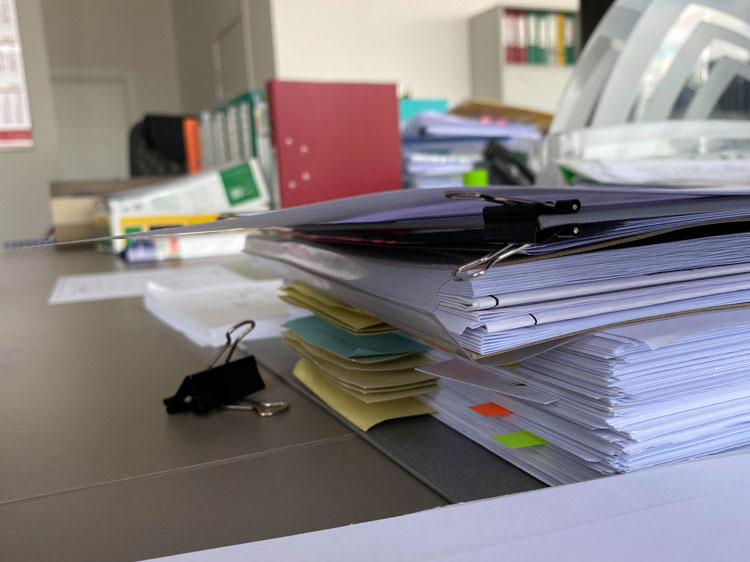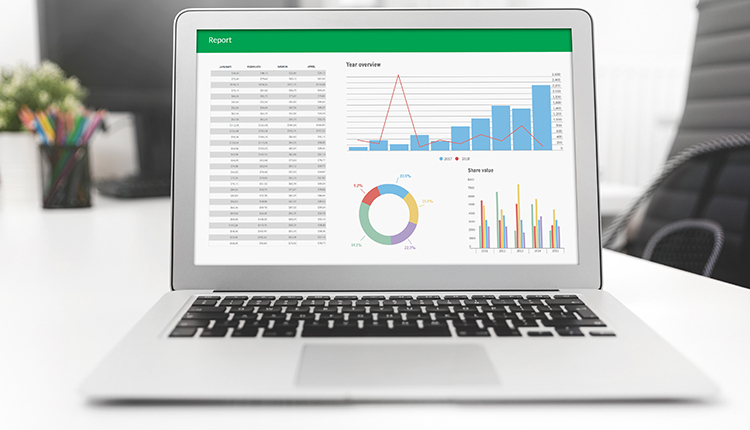
Record keeping doesn’t have to be too difficult; however, it is important to compile records for better decision making. For example, farmers may report minimum profits to the Internal Revenue Service (IRS) and to their lender, while maximum profits may be projected for the next year. With that motivation for record keeping, it is not likely that records are of much use in making future management decisions.
Today, a good set of records will do much more than satisfy the IRS or the lender. Today’s successful farmers are using detailed financial statements to identify the most profitable farm enterprises for their business, determine per unit production costs, track trends and financial progress in the business, and to create comprehensive business plans. Accurate and detailed records can be used to more effectively manage cash flows, to make investment or liquidation decisions, and to explore alternative uses of capital investments in their farm business.
Records and the management decisions made from prepared statements are only as good as the data entered. The old adage, “Garbage in – garbage out,” really does apply to recordkeeping. Whether using paper or electronic methods, record keeping is best kept simple! Recruit others to assist, like family members, to share the work.
If record keeping becomes overwhelming, consider having certain aspects outsourced, like tax preparation or monthly payroll. Keeping records regularly can help to reduce the stress of preparing them at the end of the year.







